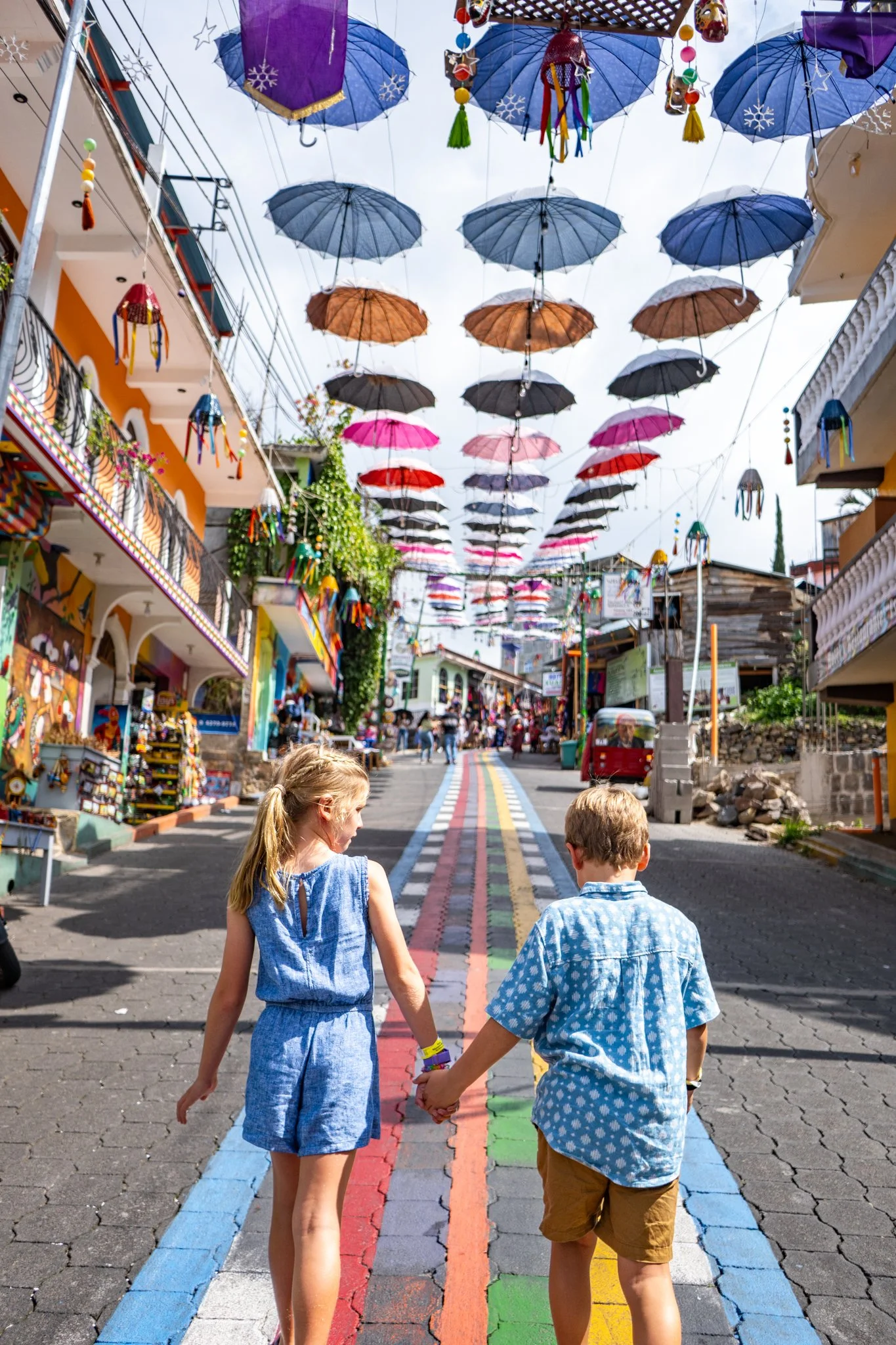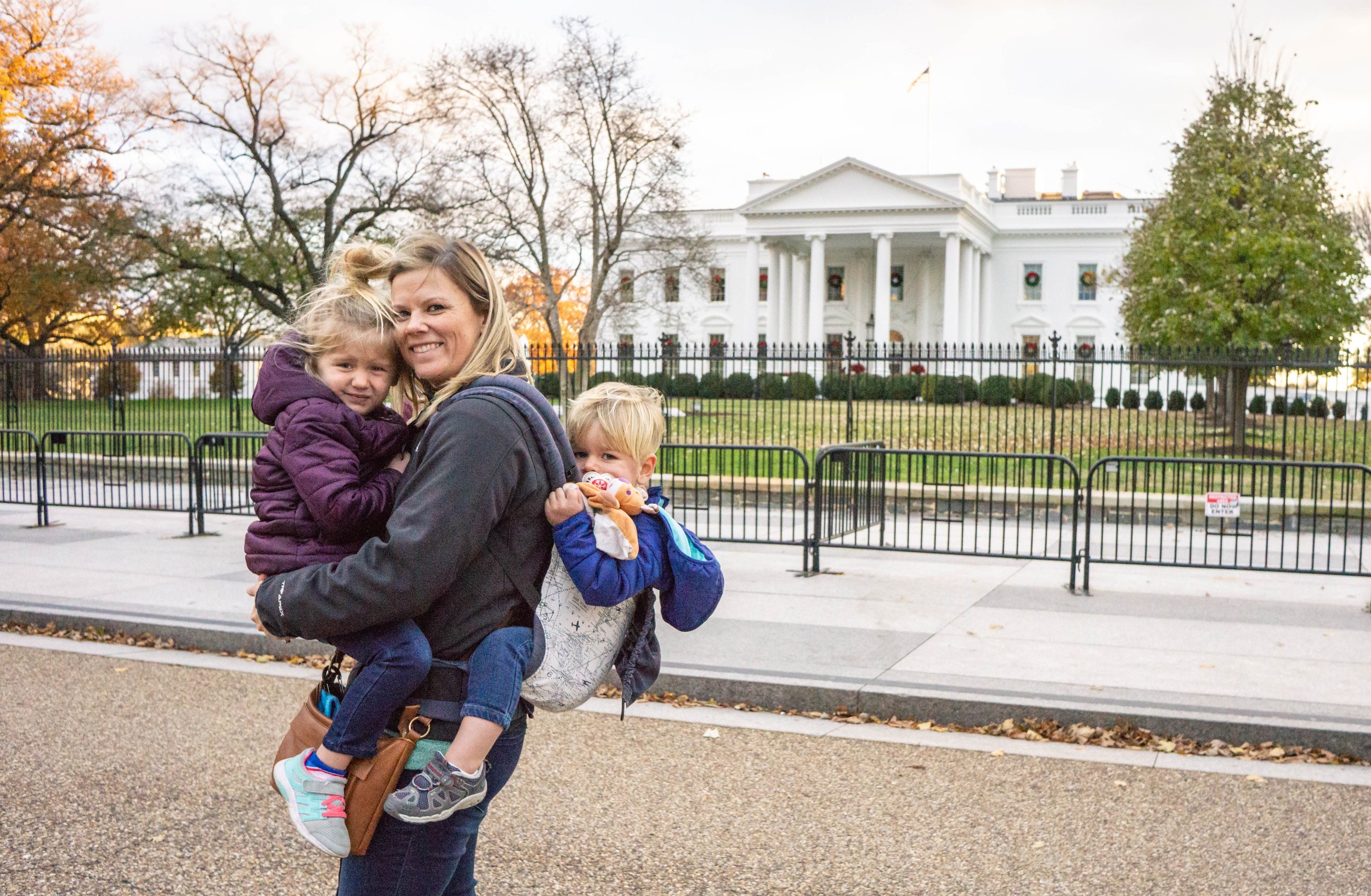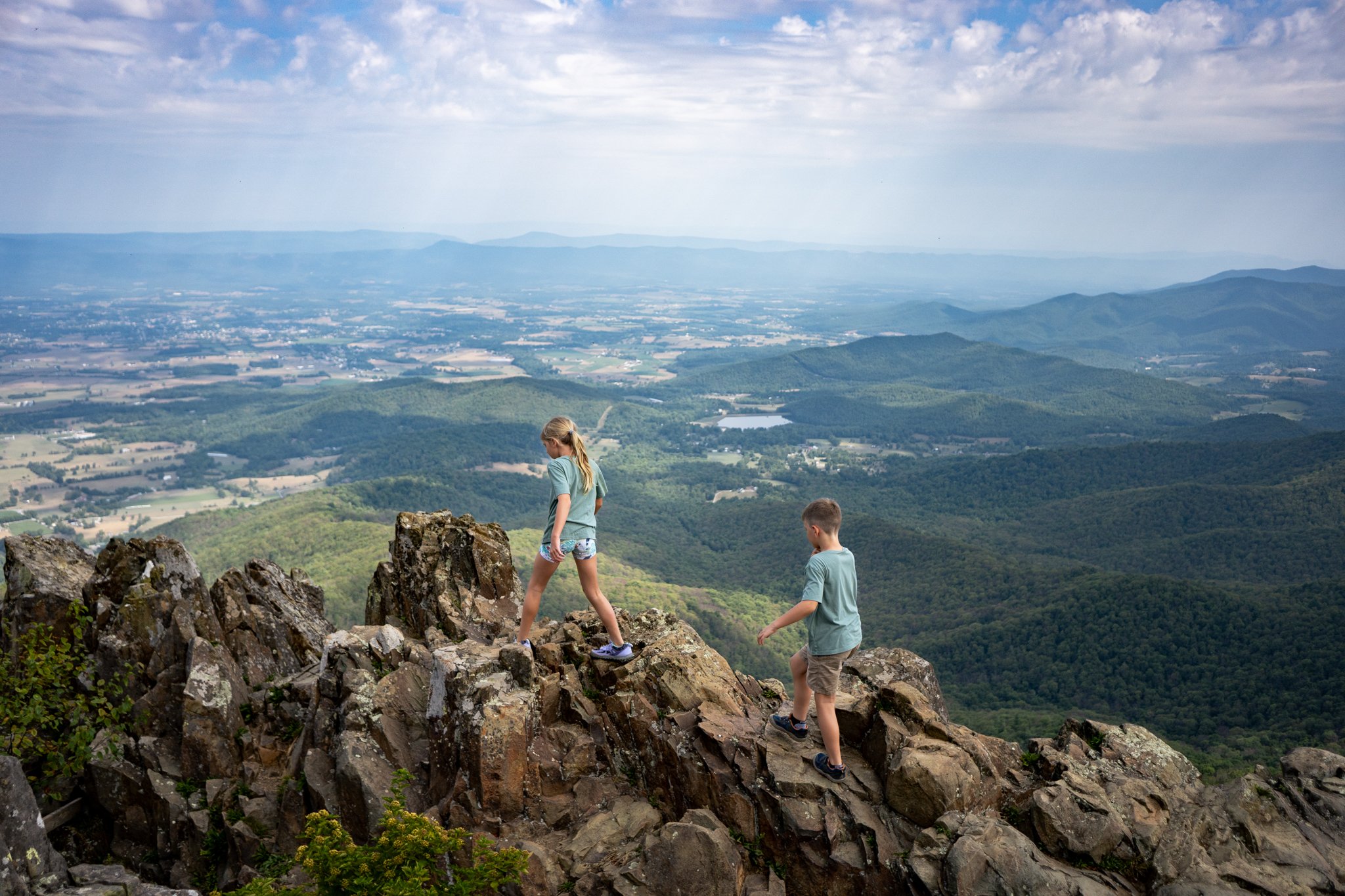What to Know about Dengue Fever and Travel
/This image is from the cdc website - you can reference it here: https://www.cdc.gov/dengue/areaswithrisk/around-the-world.html
This site contains affiliate links to products. We may receive a commission for purchases made through these links.
Dengue (break-bone fever) is a viral illness transmitted by Aedes mosquitoes, is a significant global health concern. This debilitating and sometimes fatal disease affects millions of people annually, primarily in tropical and subtropical regions. Dengue is a complex disease that has no specific treatment.
We live in beautiful barbados - but it is home to an endemic of dengue fever
Today, dengue is endemic in more than 100 countries, with an estimated 3.9 billion people at risk of infection. Mosquito born illnesses are hard to prevent and spread easily in densely populated areas.
After contracting dengue fever this year, I want others to understand the risk and ways to prevent this awful disease. If I can prevent even one person from getting dengue while traveling, I will be happy.
My Experience with Dengue
We live in Barbados. We have been here a little over 2 years. I always knew Dengue fever was here, but over time I had become lax on applying bug spray.
2023 had a heavy rainy season and I had heard Dengue fever was on the rise. As a matter of fact in 2023, by the end of September, there had been 518 cases reported as compared to only 241 cases the year before.
Even with the rise, I assumed it wouldn’t be me because fairly young at only 36 and healthy. Surely if I got dengue it wouldn’t be bad. I was wrong.
My kids and I enjoying the beaches in Barbados
On Monday, October 2, 2023 I woke up around 6 AM feeling strange. I felt woozy, my muscles felt like I had done a hard work out the day before, and my skin was extra sensitive. I brushed it off as a bad night of sleep. As I went to make my coffee, I dry heaved. I was really confused, but again, I brushed it off. However, by 10 AM I had full body aches, chills, and a 104*F fever. In my gut I already knew — I had dengue or “break-bone fever.”
the only photo that exists of me in the first several days. I had to sleep and stay with an ice pack on my head and on my back.
Over the next two full weeks, I thought I was going to die. My fever lasted a full 7 days and consistently stayed at 102*F. My joints and bones felt like I was being beaten, my eyes felt like they may pop, my head ached across the back so badly and consistently.
By day 4 I was throwing up and unable to eat. My tastes had changed and everything tasted like grated soap. My skin was unbearably sensitive - even my clothes hurt. I was drinking a lot of water, but between my fever and night sweats I was getting more and more dehydrated.
I was intensely fatigued and sleeping 18-20 hours a day. My sleep was very broken as I had intense fever dreams. I couldn’t get reprieve anywhere.
my skin turned red from severe dengue and my blood vessels being damaged and leaky
Around day 5 I decided to go to the Medical Center to be seen and evaluated. I was extremely ill. I was evaluated and the medical staff suspected dengue right away. It took them 6 tries to get an IV because I was so dehydrated. After the IV was placed, they took my blood and begin IV fluids and medicines. By that afternoon, it was confirmed via bloodwork - I had dengue fever.
Over the next week, I went to the medical center 4 times. Twice to have my platelets checked and twice to get fluids and IV meds. My platelets continued to drop until they were down to 51. The average adult has levels of 120-400. I was not doing well.
**As a side note: a friend of mine (thank you Andrea) brought me Papaya Leaf Tea which I swear saved my life and helped to rapidly bring my platelets back up. If you have dengue, try to find some Papaya Leaf Tea.
my entire body was covered in this red rash with white spots
As Dengue is a strange disease that will often subside and then come back, I would have a day of clarity where I felt ok and then the next day be back to feeling like day 1. The third time I visited the Medical Center, they wanted to hospitalize me due to dropping blood pressure and high liver enzymes. My entire body was covered in a rash and my hands were hugely swollen.
The doctor said she suspected I could be going into Dengue Shock. I stayed at the center for about 8 hours. After 3 bags of fluids and many blood pressure tests, I was released to go home to self monitor and directed to come back the next day for evaluation and more blood work.
here you can see my skin color compared to my baby’s skin. both my arm and foot are blood red and my hand is very swollen
By October 11 (day 9) my platelets had risen to 97, my fever was gone and I was feeling much better. However, my skin turned blood red. I looked like a human Elmo. This was a result of having Severe Dengue where my blood vessels became damaged and leaky. Dengue rash is a sign you are recovering and usually happens after the fever subsides. For me, it took about a week for the redness to go away.
Dengue was horrible. Truly the worst illness I have ever had. On top of the illness, my breastmilk supply dried up completely. It was devastating. My husband went through my entire freezer supply while I was incapacitated and he had the baby. Although it hurt pretty bad, i continued to pump and bring the baby to breast. Today, I am happy to say my milk supply is back.
Almost a month after it all began I am still suffering from intense fatigue and I have noticed I sweat a lot more in the heat than before. As the weeks and months go by, I will come back here and update on the long term effects.
***IF YOU EXPERIENCE ANY SYMPTOMS OF DENGUE WHILE TRAVELING, SEEK MEDICAL ATTENTION IMMEDIATELY. This virus does kill.
my husband and I after leaving the medical center for the last time and feeling much better. he also had dengue fever, but his was much more mild. (you can see my insane skin on my arm)
Ways to Prevent Dengue Fever While Traveling
Preventing dengue fever while traveling requires a multi-faceted approach. Here are some effective strategies to minimize the risk of contracting or Ways to Prevent Dengue Fever While Traveling:
this is an Aedes mosquito. Photo from cdc - read more here: https://www.cdc.gov/dengue/about/index.html
Check whether the area you’re traveling to is having a Dengue Outbreak. You can see the updated map HERE. You can also find an easy to read updated report on countries and their reported cases HERE.
Mosquito Control:
Be aware of breeding sites: Aedes mosquitoes lay their eggs in stagnant water. Reduce the risk by emptying containers that collect rainwater, keeping gutters clean, and regularly changing water in vases, plant pots, and bird baths.
Protective Clothing:
Wear long-sleeved clothing: When in areas prone to dengue, wear long sleeves and pants to reduce mosquito bites.
Use mosquito repellent: Apply an effective mosquito repellent on exposed skin. Repellents containing DEET or picaridin. I now use THIS LOTION on my skin and THIS SPRAY on my clothes.
Window and Door Screens:
Keep window screens shut: Ensure that windows and doors are fitted with mosquito screens to keep Aedes mosquitoes out of your living spaces. Use netting over the bed for infants and children.
If you experience any of these symptoms while traveling - do not take any medications and seek medical help immediately
If you experience any of these symptoms while traveling - do not take any medications and seek medical help immediately
***IF YOU EXPERIENCE ANY SYMPTOMS OF DENGUE WHILE TRAVELING, SEEK MEDICAL ATTENTION IMMEDIATELY.
Dengue fever is a persistent global health issue with a complex history and a wide-reaching impact. While efforts to control the disease through mosquito control, vaccination, and community engagement have made progress, dengue remains a threat, especially in regions with limited resources. As you plan your next adventure, I encourage you to do your research on what mosquito born illnesses are endemic in the area. By staying informed and implementing prevention measures, you can prevent you and your loved ones from this horrible disease. Be sure to check the WHO, PAHO, and the CDC for updated Dengue information.
Stay safe out there!
If you have ever had dengue, I want to hear from you! Leave your experience in the comments or shoot me an email!
AMAZON AFFILIATE DISCLOSURE:
There are links on this site that can be defined as “affiliate links”. This means that I may receive a small commission (at no cost to you) if you subscribe or purchase something through the links provided.
Big Brave Nomad is a participant in the Amazon Services LLC Associates Program, an affiliate advertising program designed to provide a means for website owners to earn advertising fees by advertising and linking to amazon.com, audible.com, and any other website that may be affiliated with Amazon Service LLC Associates Program.




























